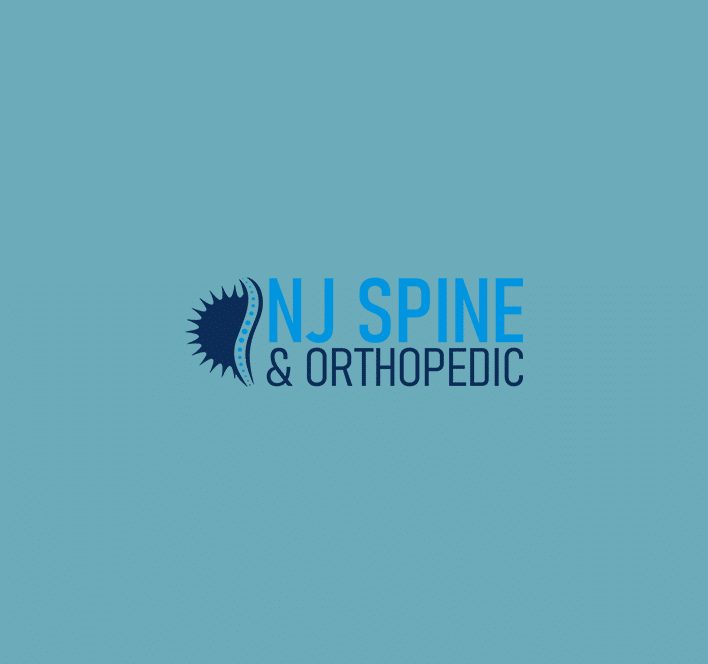Ever experience that pins-and-needles sensation in your arms and hands? The root cause may actually lie in a whole different part of your body – your spine.
Major nerve roots send motor and sensory pulses directly to and from your spinal cord via literally millions of subsidiary nerves. So, when one of these nerves is impinged, or pinched, under pressure from surrounding bones, vertebral discs or other tissues, it becomes inflamed and sends out a litany of sensory messages including that tingling pins-and-needles sensation, sharp pains, numbness or muscle weakness. Depending upon the location of the pinched nerve, patients may also experience secondary problems such as loss of bladder or bowel control.
Also called radiculitis, or radiculopathy, a pinched and inflamed nerve can happen in several ways. Habitual poor posture, overuse of a particular limb, or simply age-related degeneration can cause spinal disc compression, which can place pressure on a nearby root nerve. More instantaneous causes can happen as well. For instance, an auto accident, work-related injury or contact sport impact can cause a violent jarring of the spinal column, which can shift vertebrae out of their normal alignment. This allows the gelatinous discs situated between the vertebra to dislodge or bulge outward – another source of pressure on a nerve root.
Luckily, symptoms of a pinched nerve often disappear on their own after a period of several weeks. But unless the preventable root cause, such as habitual poor posture or failing to wear proper safety gear while playing high-impact sports, is adequately addressed, the problem can recur and get progressively worse. For pinched nerves that don’t resolve themselves, patients have multiple treatment options including medications, physical therapy, strengthening exercises, surgical treatments or spine infusions.
Surgical treatments can include minimally-invasive discectomy procedures to remove some or all of a troublesome intervertebral disc, or spine fusions, which involve combining bone grafts with insertion of cages or screws to help maintain a proper amount of space between the vertebrae.
If you believe you may be suffering from a pinched nerve, contact NJ Spine and Orthopedic. Our spine specialists can help you identify the issue and its root cause, and deliver optimal care with the latest, minimally-invasive yet highly effective spine surgical techniques and technology. Call 855-586-2615.

